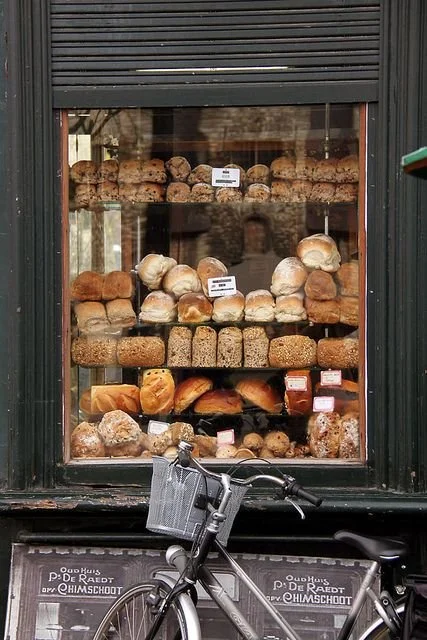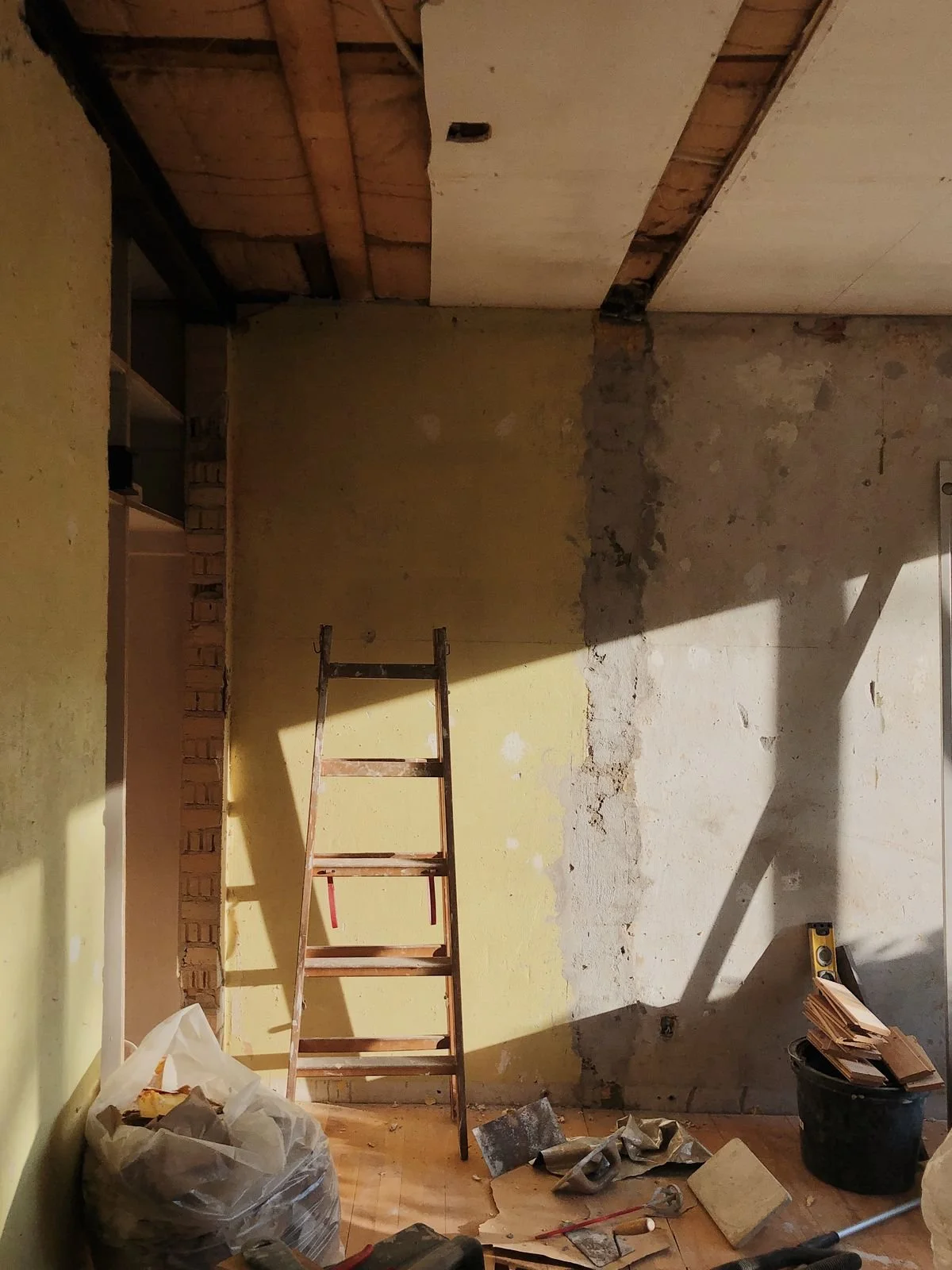Reducing Carbon Footprints In and Out Of The Home
You may have noticed that we are on a bit of a sustainability kick over here - and for good reason. With the start of the Lunar New Year, we’re starting to ask ourselves not only how can we improve our own home spaces and lives, but how can we help improve the space and lives of others? As total introverts, one of the ways we’ve done this (without having to actually interact with others) is to think more intently on the ways we can reduce our own carbon footprints.
Our Carbon Footprint Defined
Our individual carbon footprint is defined as the total amount of methane, carbon dioxide and various other greenhouse gases that are generated and produced by our own daily actions.
The United States of America has the unfortunate position of being the country with the highest average carbon footprints for one person across the world – of around sixteen tons, with the UK has an average of about 10 tons per person per year.
Food & Drink
We consume a vast amount of food and various liquids across the entirety of their life, which means it’s a great place to start when striving to reduce one’s individual carbon footprint. A vegan diet will naturally have a much lower carbon footprint than someone who regularly eats meat and meat-based products - but a mostly vegetarian diet that’s light on dairy can have a huge impact as well.
Naturally, each individual type of food has its own level of carbon emissions in production. And as a quick reference, here are the types of food which have the lowest overall carbon footprint:
Soy Milk
Peas
Brassicas
Bananas
Leeks and Onions
Potatoes
Root Vegetables
Citrus Fruit
Apples
Nuts and Chickpeas
In & Around The Home
When taking showers, leave the shower on for as long as you need and consider baths as an alternative now and again, as they tend to take less water. When brushing teeth or washing plates and cups after a meal, don’t leave the water running. Also, running a full dishwasher can use significantly less water than hand-washing, believe it or not, so that’s something to consider as well.
We’re huge fans of sustainable building - when redecorating a home, investing in durable, sustainable and entirely eco-friendly materials and products such as granite worktops Bolton, which have aesthetic longevity as well, will make your upgrade last years longer.
Energy-efficient lightbulbs, keeping doors and windows closed to keep the heat or cool air in, and unplugging smartphones, laptops or any other electronics when not in use and/or fully charged are also all little things that can add up to a big difference
Out & About
Public transport, car sharing or walking or cycling if the distance is not too far will always trump driving yourself to work - if that’s an option.
Avoid using plastic carrier bags, or else buying one from the shop and instead take material-based and washable bags to carry your shopping instead. Plus take a tip from the nonnas and po pos and if you do use a plastic bag, you can also reuse that a few times over. Sustainability efforts don’t always have to be the grandest, after all, and making do with what we have is a fantastic place to start.











